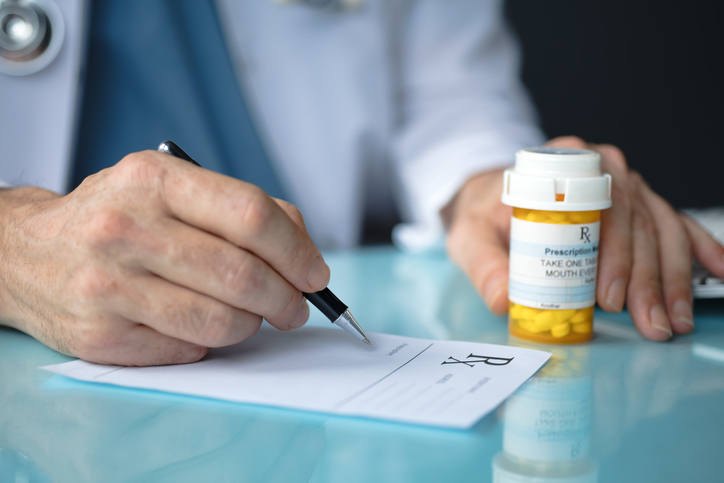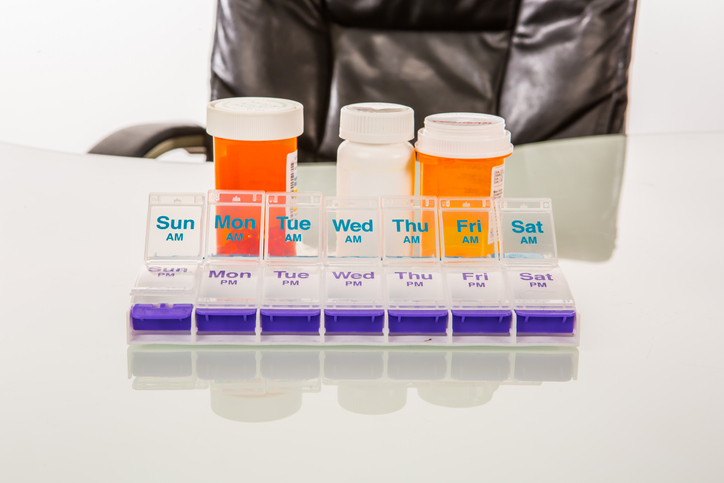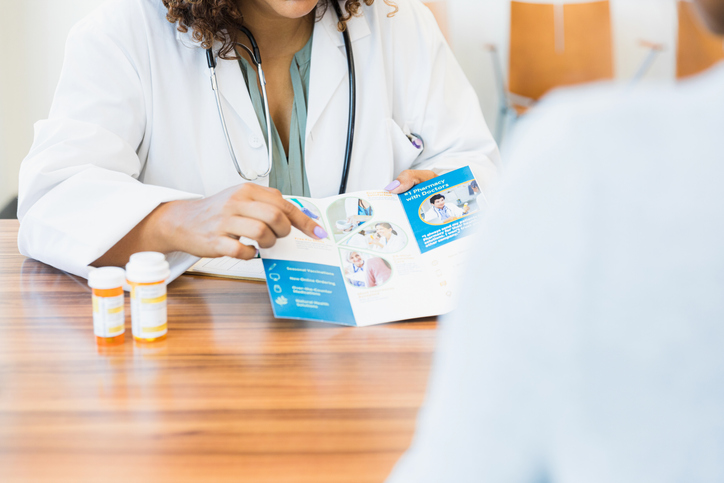Preventive health practices like regular exercise, balanced nutrition, routine screenings and stress...
Read More

Almost everyone uses medications to prevent or treat illness, but they can cause significant issues if they’re not correctly stored, prescribed, administered or monitored. Because medication safety is a global health concern, the World Health Organization (WHO) has announced that the 2022 theme for World Patient Safety Day is Medication Without Harm.
Understanding how to use your medication safely can help you avoid unwanted side effects and interactions. Here are some prescription medication safety tips.

One of the best ways to ensure your medication safety is by following your doctor’s instructions. “Your medicine won’t work unless taken correctly,” said Nicole Zucconi, D.O., Primary Care Physician at Inspira Medial Group Primary Care Millville. “Take your medication regularly and don’t skip doses or stop taking it without speaking to your provider.” Although you might feel better or suspect the medication isn’t working, ignoring your doctor’s instructions could cause your condition to worsen.
Taking someone else’s prescription medication can be extremely dangerous, even if you experience similar symptoms to the prescription holder. Doctors consider many factors when prescribing medication, including the patient’s history, allergies and other medicines they take. Without proper evaluation and diagnosis from your provider, you risk unexpected side effects or severe reactions that could worsen your condition.

“When medications aren’t stored properly, they may not be as effective or can cause harm,” said Zucconi. “Most medications should be stored in a cool, dry place away from direct sunlight.” Store all medicine out of reach of children, and avoid storing them in the bathroom, where temperatures and humidity fluctuate.
“A medication interaction is a reaction between two types of medication, or between a medication and food, beverage or supplements,” said Zucconi. You can avoid interactions by making sure your health care provider and your pharmacist both know about the medications you’re taking. They can help you be sure none of your medications interact with each other and inform you on the foods, beverages and supplements to avoid. Reading the labels on over-the-counter (OTC) medicines and information that comes with your prescription medication can also help you avoid unwanted interactions.
Keep an up-to-date list of all the medications you take, including the name of the prescription, the dosage, how often you take them and your pharmacy’s contact information. Be sure to include any OTC medications or supplements you take regularly. Bring this information to share with new and existing health care providers at appointments, surgeries and hospitalizations.

Talk to your primary care physician at least once a year to review your medication list. Your doctor can help determine if there are any medications you should stop taking and help you avoid medication interactions. If you’re prescribed a new medication by a specialist, or begin taking any new over the counter medicines, make sure your primary care physician is aware of these changes. Tell your doctor immediately if you experience health problems or possible side effects.
Inspira Health is a high reliability organization (HRO), which means safety is the top priority for patients and staff. To make an appointment, call 1-800-INSPIRA.

Preventive health practices like regular exercise, balanced nutrition, routine screenings and stress...
Read More
Following up with your primary care provider after an emergency department visit is essential for...
Read More
Walking pneumonia is a mild but disruptive form of pneumonia with symptoms like a lingering cough...
Read More
The material set forth in this site in no way seeks to diagnose or treat illness or to serve as a substitute for professional medical care. Please speak with your health care provider if you have a health concern or if you are considering adopting any exercise program or dietary guidelines. For permission to reprint any portion of this website or to be removed from a notification list, please contact us at (856) 537-6772